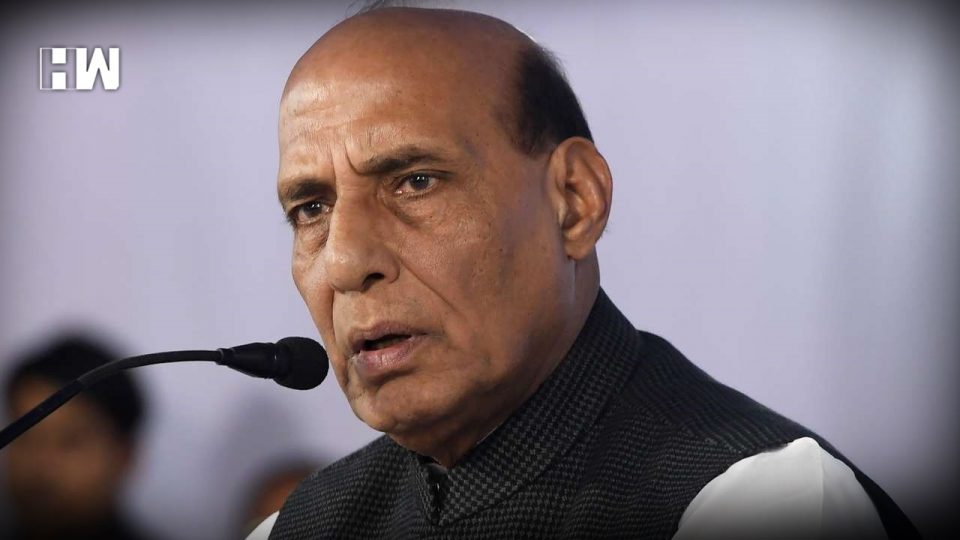New Delhi | Information on permissions given to central agencies for phone tapping cannot be disclosed as it would prejudicially affect interests of the state, might endanger a person or impede the process of investigation, the Home Ministry said in response to an RTI query.
The applicant had sought to know the number of sanctions issued by the ministry to central agencies permitting them to intercept phones between 2009 and 2018.
He had also asked for data related to the number of times an agency had sought permission to tap phones and about permissions being denied by the ministry.
The applicant did not seek any specific details such as cases, individuals, file noting from the ministry.
The Home Ministry invoked three exemption clauses from the RTI Act to withhold the information without giving any reasons. Giving reason is mandatory in case information is being denied by a public authority.
The ministry took refuge under Section 8(1)(a) of the RTI Act to withhold data. The section exempts disclosure of information that will prejudicially affect the sovereignty and integrity of India, the security, strategic, scientific or economic interests of the State, relation with foreign State or lead to incitement of an offence.
It also cited section 8(1)(g) which exempts information that would endanger the life or physical safety of any person or identify the source of information or assistance given in confidence for law enforcement or security purposes.
Section 8(1)(h) for the information which would impede the process of investigation or apprehension or prosecution of offenders was also cited by the ministry.
“This is absolute nonsense. These clauses cannot be applied in such a summary manner. It was a wrong order from the Central Public Information Officer (CPIO).
“Such details should have been publicly displayed under Section 4 of the RTI Act. Whenever such exemptions are invoked strong reasons must be given to justify them,” former Central Information Commissioner Shailesh Gandhi told PTI.
He said such “irresponsible orders” are increasing from the government as information commissioners are lenient on such CPIOs and do not impose penalty on them.
“The commissioners are hearing cases after two-three years of response because of pending cases. Even then they are not imposing penalties which is promoting such attitude among CPIOs as they feel they can get away with such responses,” he said.
RTI activist Venkatesh Nayak also alleged that this was a wrong order from the CPIO.
“The lawful interception or phone tapping is done by law enforcement agencies, duly authorised by Central and State governments under the classified legal regime, if required, as per provisions contained in section 5(2) of the Indian Telegraph Act, 1885 read with rule 419-A of the Indian Telegraph, 1951 or Section 69 of the IT Act 2000 read with the Information Technology (procedure and safeguards for interception, monitoring and decryption of information) rules, 2009,” the ministry has said.
It said any disclosure of intercepted related information defeats the very purpose of lawful interception/phone tapping.
The Home Ministry also cited a Central Information Commission (CIC) order in a separate case wherein the ministry was allowed to withhold information.
It was not clear whether the applicant, in that case, sought details of specific cases, individuals etc or he was seeking only data. There are number of orders from the CIC where disclosure of phone tapping information was ordered.
In a recent case, the Delhi High Court had upheld an order of the CIC where it has ordered disclosure of information pertaining to phone tapping of an RTI applicant.
The commission had directed the Telecom Regulatory Authority of India to get the details of phone tapping from his service provider and provide it to the applicant which was upheld by the high court.
As an independent media platform, we do not take advertisements from governments and corporate houses. It is you, our readers, who have supported us on our journey to do honest and unbiased journalism. Please contribute, so that we can continue to do the same in future.

